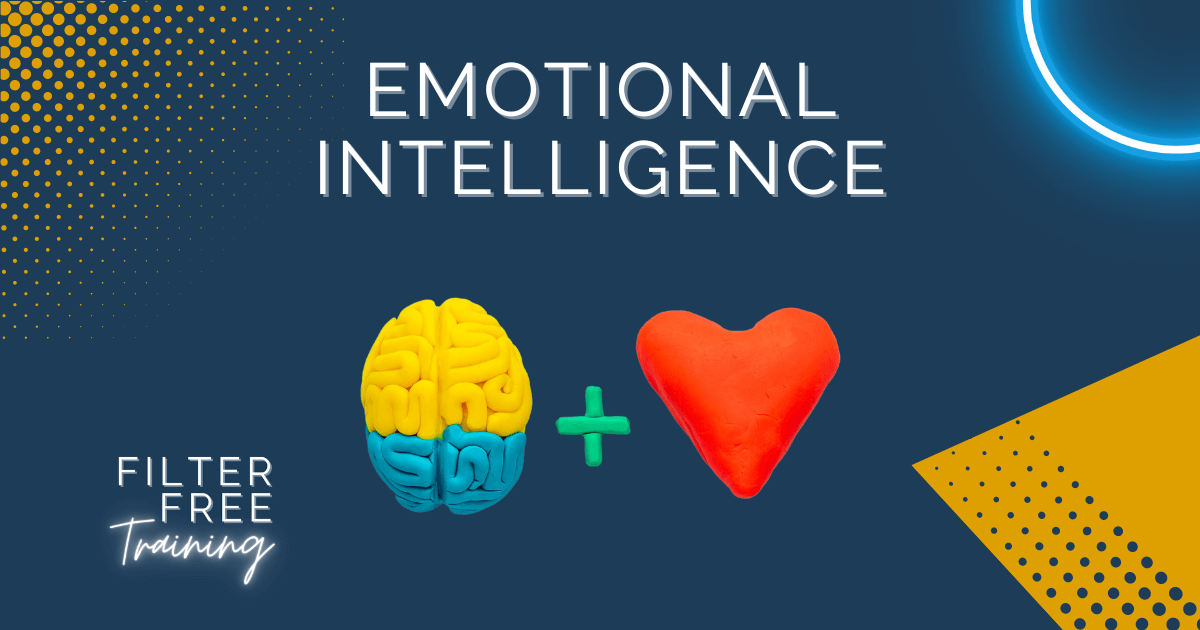In the ever-evolving landscape of the modern workplace, technical skills and qualifications are often seen as the key to success. However, there’s another crucial factor that can significantly impact your career trajectory: emotional intelligence (EQ). While IQ might get you through the door, it’s EQ that can truly set you apart and propel you towards success.
Emotional intelligence encompasses a range of skills, including self-awareness, self-regulation, empathy, and social skills. These abilities enable individuals to understand and manage their emotions effectively, as well as navigate complex social situations with finesse. Here’s why cultivating emotional intelligence is essential in the workplace:
Effective Communication
One of the cornerstones of emotional intelligence is the ability to communicate effectively. Whether you’re leading a team, collaborating with colleagues, or dealing with clients, clear and empathetic communication is key. High EQ individuals excel at listening actively, expressing themselves clearly, and resolving conflicts diplomatically, fostering better relationships and minimizing misunderstandings.
Leadership Skills
Great leaders aren’t just defined by their technical expertise; they also possess strong emotional intelligence. Leaders with high EQ inspire trust and loyalty among their team members, create a positive work environment, and adapt their leadership style to suit different personalities and situations. They’re adept at recognizing and harnessing the strengths of their team members, ultimately driving greater productivity and innovation.
Conflict Resolution
Conflicts are inevitable in any workplace, but how they’re handled can make all the difference. Individuals with high emotional intelligence are skilled at defusing tense situations, finding common ground, and seeking mutually beneficial solutions. By approaching conflicts with empathy and understanding, they can turn potentially damaging disputes into opportunities for growth and collaboration.
Adaptability
In today’s fast-paced business world, adaptability is essential for success. Emotional intelligence enables individuals to remain flexible and resilient in the face of challenges and change. By staying calm under pressure, managing stress effectively, and embracing new perspectives, they can navigate uncertainty with confidence and thrive in dynamic environments.
Enhanced Team Dynamics
Teams composed of emotionally intelligent individuals tend to be more cohesive, collaborative, and productive. By fostering a culture of trust, open communication, and mutual respect, team members feel valued and supported, leading to higher morale and engagement. Moreover, teams with diverse perspectives and personalities can leverage emotional intelligence to bridge differences and leverage their collective strengths.
Client Relationships
Whether you’re in sales, customer service, or any client-facing role, emotional intelligence is crucial for building and maintaining strong relationships. By understanding the needs and emotions of clients, empathizing with their concerns, and providing personalized solutions, you can establish trust and loyalty that transcends mere transactions.
Personal Growth and Resilience
Finally, emotional intelligence isn’t just about how you interact with others; it also encompasses your ability to understand and manage your own emotions. By cultivating self-awareness, self-regulation, and resilience, you can navigate setbacks and failures with grace, learn from experience, and continue to grow both personally and professionally.
In conclusion, while technical skills and qualifications are undoubtedly important, emotional intelligence is the secret ingredient that can elevate your performance and propel your career forward. By honing your EQ skills, you’ll not only excel in your current role but also cultivate the qualities of a true leader and thrive in any professional endeavor. So, invest in developing your emotional intelligence – it’s a decision you won’t regret.




